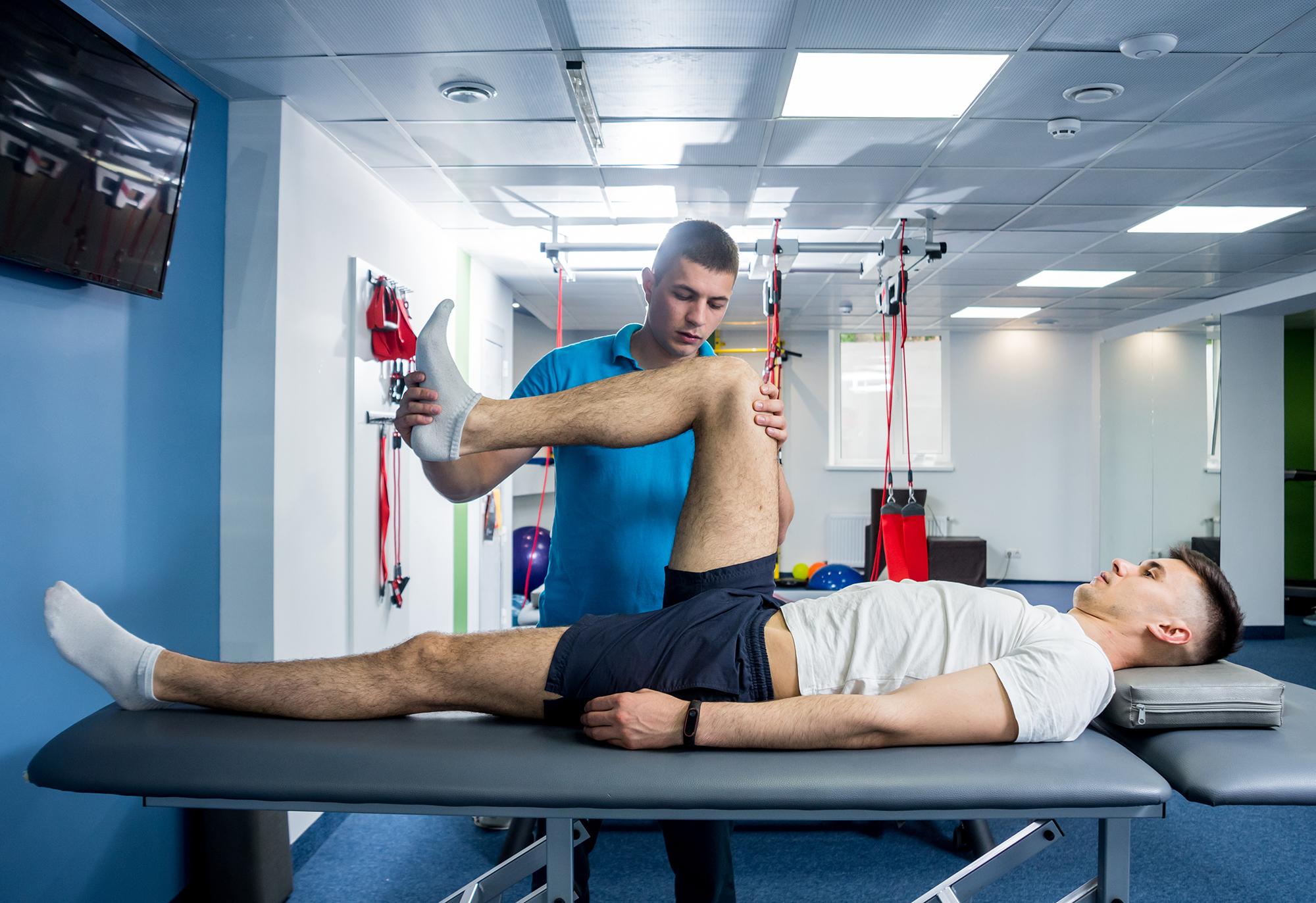[:en]Hey friends, welcome back to the Singaporeans Study series! This week, we’re going to discuss physiotherapy. Read this blog to see if it is your field of interest. Let's start reading.
1. What does a physiotherapist do?
THEY ARE NOT A MASSEUSE WHO PRACTICES MASSAGE.

Physiotherapists are healthcare professionals who treat injuries, illnesses and disorders through physical and medical methods. They provide medical assistance to a range of patients including physically disabled, pregnant women before and after their pregnancy, athletes, and even the elderly.
Their everyday responsibilities include aiding patients to heal from injuries and illnesses, offering therapeutic physical exercise training and massages, and collaborating with doctors and nurses. They work in multiple settings like hospitals, healthcare organizations, sports settings, workplaces, universities and research institutions.
2. What are the benefits of becoming a physiotherapist (PT)?
- As a physiotherapist, you will have the liberty to work independently. This guarantees you a perfect work-life balance.
- You will get to work in a range of medical spaces including hospitals, clinics, nursing homes, schools and rehabilitation centres.
- According to the Bureau of Labor Statistics, over 71,800 jobs would be created by 2024 in the field of physiotherapy.
AND, AND, AND!!! You will have the luxury of getting close encounters with famous and cute celebrities/athletes/movie stars. Sounds exciting, doesn’t it?!

3. Study Options
The University of Sydney

This university ranks #1 in Australia for graduate employability. Therefore, students can be guaranteed to get career-ready after completing their degree. The university has world-class facilities with state-of-the-art clinical simulation teaching spaces. Students can benefit from practical clinical training and clinical placements. After graduation, students may apply for membership with the Allied Health Professions Council.
Curtin University

Curtin University is the only institution that offers a course in physiotherapy at the undergraduate level in Western Australia. Students can hone their practical skills by benefitting from the 1,110 hours of supervised placements in hospitals and healthcare settings. After graduation, students may apply for membership with the Allied Health Professions Council.
4. Are there any pre-requisite subjects to take up a course in physiotherapy?
If you plan to pursue your higher education in Physiotherapy, here is a list of subjects that you must be proficient in:
- Chemistry
- Biology
Apart from these two subjects, maths and physics are also recommended sometimes.
So, are you ready to relieve someone’s pain? Meet The University of Sydney at the ‘Let’s Talk Health Sciences: Physiotherapy’ webinar on 17th April, from 2.30 pm - 4 pm and benefit from the exclusive talk on Physiotherapy. Register now and get all your queries answered!
[:]




